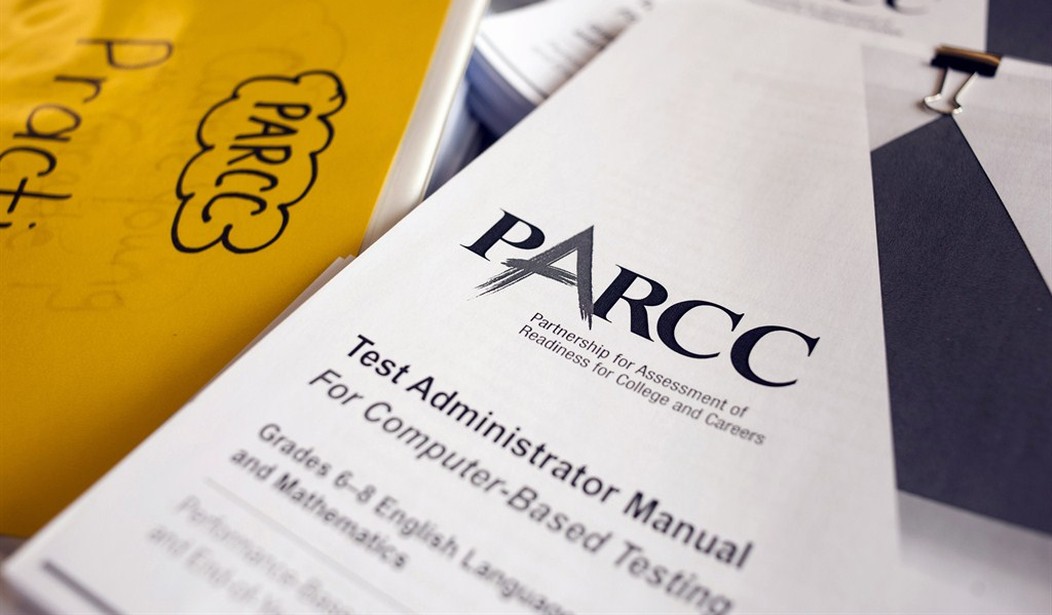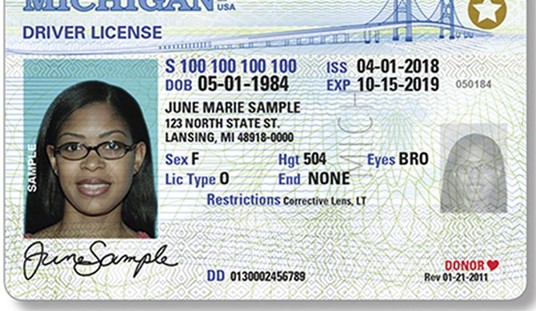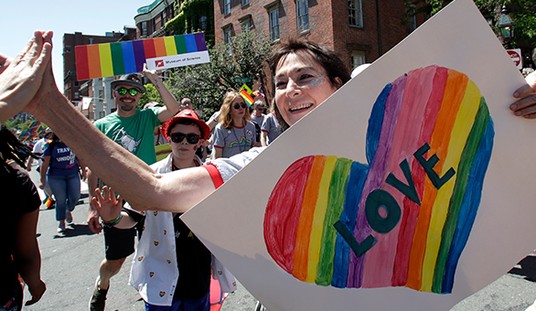One of the first lessons I was taught by my parents is a simple one that most of us learned growing up: Life isn’t fair. Unfair things happen. Life is filled with disappointment, injustice, unfairness, and at times feels like it (as the kids say) “sucks.” To teach your children that life should always be “fair” sets them up for inevitable, and often debilitating, disappointment. As the AYSO (American Youth Soccer League) generation has now reached adulthood, more adults are standing around asking the question, “Where is my trophy?” rather than questioning whether or not they have earned it.
My son loves basketball and is pretty darn good, but unfortunately for him, he’s destined for a life as a shorter, white guy. Although he may put in more work than others and devote more time to practice, others are statistically more naturally talented, with better natural abilities. My daughter similarly will face challenges that seem “unfair.” Life is unfair.
Yet, when my kids tell me they “can’t” do something, I always agree with them. “Yes, you’re right. If you think you can’t do something you’re absolutely correct.” When my son fears a particular skateboard ramp or my daughter struggles with understanding a scholastic activity, they believe themselves to be a victim of a limitation (which is unfair), rather than seeing a unique challenge to which they must rise. They see others around them naturally succeeding at that thing, and immediately translate that to mean that they lack those abilities and therefore are unable to accomplish those things. Yet when they apply themselves they come to find that often those limitations are self-imposed and not something grounded in fact or reality. My daughter’s struggle with reading, while a very real “unfairness” she faces, is often more a self-imposed limitation than an inability. It usually amounts to the belief that a temporary challenge is a permanent sentence that she uniquely faces.
Yet that doesn’t stop me from empathizing and legitimizing her concerns. I know that she definitely struggles with certain scholastic activities while her brother and classmates seem unaffected by the same challenges. To her, that’s unfair. In my own childhood, I experienced these things even though I didn’t realize them until later in life. I seemed to never be able to focus on my work and would often lose interest. Looking back, it was the teachers who found unique ways to attract my attention who were my favorites. Mr. Kohlmeier’s history class was taught from the same book that other teachers used, yet his engaging and entertaining manner of instruction showed me that what I saw as an unfair inability was rather just a challenge. I had to learn to apply myself, commit, and follow through despite what today would be excused as ADHD or another type of learning challenge by “education professionals.” Instead of shrugging my shoulders and accepting my “limitations,” I learned ways around and through them.
Yet when we talk about the modern left and how they approach “fairness,” it usually doesn’t include discussions on growth and overcoming adversity and unique challenges. Instead, it usually deals with some mostly imagined systemic and insurmountable societally-enforced wrong. As a result, they don’t advocate for increased opportunity or, much more admirably, developing programs that defeat those challenges. Instead, they advocate for lowering the bar of success, so that more people may attain it. Testing scores are lowered, or the competition is reduced (by allowing biological males to participate in women’s sports). What is viewed as “equality” is actually the lowering of expectations and the demands for growth. Instead of teaching kids the endurance of running a mile within a certain time limit, they instead redefine that feat to include longer times and shorter distances.
This is exactly what we have done for the majority of our children in the past couple of decades. Instead of simply saying that “Life isn’t fair,” these now young adults expect universal success and reward. It is easier to say that racism, sexism, homophobia, physical disabilities, academic struggles, and other things outside of the child’s control victimize that child. The real challenge lies in teaching them to accept the unfairness of the situation while encouraging them to not accept those challenges as limitations.
This quest towards “fairness” has ultimately torpedoed one thing which was expected of our parents and grandparents: Achievement. We have produced an entire generation of young adults who expect success absent putting forth the effort necessary for the actual achievement of that victory. If they fall short, it isn’t because they failed to rise to the challenge. It is because they cannot overcome some horrible, unfair wrong that is being unfairly enforced upon them.
Which is true. It is unfair. It is unfair that some children are born to certain families or with certain abilities which other children are not afforded. I have faced my own list of unfairness in my life, yet I choose to try to focus instead on what I have been able to achieve despite facing these very real and legitimate challenges.
America is the literal manifestation of overcoming unfairness. Taxation without representation, slavery, women’s suffrage, two World Wars, and the Civil Rights era all proved that what seemed like a permanently unfair or unjust situation was actually a temporary (though difficult) challenge. Being held under the thumb of a king, being enslaved, being told you can’t vote, being forced to fight a war you didn’t start, and being told your ethnic heritage makes you a lesser human being all are inherently unfair and completely unjust. Yet instead of stripping voting rights from everyone or redefining what “voting” is, Americans instead simply rose to the challenge and took what was rightfully theirs.
That doesn’t mean we need to accept injustice or perpetuate inherently unfair situations which are within our control. Conservatives can simultaneously acknowledge racial injustice and the imperfections of our criminal justice system while not accepting violent and destructive behavior. We can acknowledge that our daughters may struggle to compete against men in the workforce while not accepting that issue as an excuse as to why they may not succeed.
America has long been the country where expectations and limitations are shattered. We shouldn’t lower our expectations; rather, we should raise our efforts to encourage the uniqueness of our individual talents and strengths. The rugged individuality of the American experience is being replaced with a one-size-fits-all set of low, easily attainable standards. This isn’t the rising tide lifting all boats; it is anchoring all boats to the seafloor so that they all sink when the tide comes in. This isn’t lowering the bar for success; it is redefining success to include outcomes that are not, in fact, success.
Meanwhile, as we soften our standards for success, our global competition raises them. We are doing ourselves no favors and we can only expect this problem to get worse before it gets any better, if it ever does. It is much harder to raise standards than it is to lower them.













